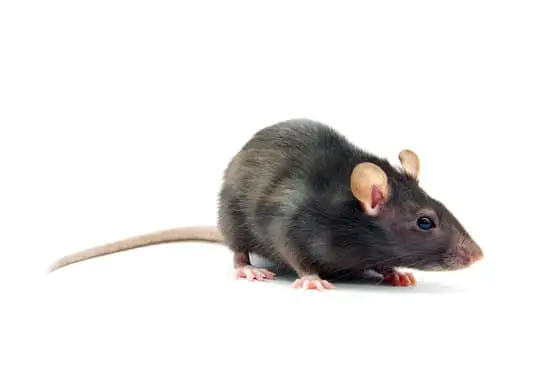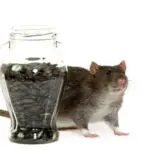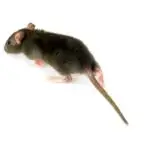What Benefits Do Rats Provide to Humans?
Rats have long been associated with humans and their agricultural practices. Their ancestors followed humans on migratory routes and made journeys to every continent. Since the rat’s diet consists primarily of human waste, it is not surprising that rats are often associated with agriculture. Rats can reach sexual maturity at five weeks and can produce up to 84 pups a year.
Rats are largely nocturnal animals and leave their nests at dusk. They are also adept at hiding, which enables them to live in large numbers without human knowledge. Although rats are much more fearful than mice, they quickly adapt to a new environment, routines, and food sources.
Rats can cause health problems as they carry a variety of disease-causing organisms. In fact, some of these microorganisms are deadly. They can spread diseases both directly and indirectly, including the bubonic plague, salmonella, and tularemia. These diseases are often contracted by contact with rat excrement or bites. Many rodents also carry disease-causing parasites. Some of these parasites can even be transmitted from human to human, making rats a serious danger to the health of humans.
Rats are also known to cause food poisoning. Since they roam around kitchens, they can contaminate food. Salmonella contamination, for example, can be fatal. Another disease that rats can transmit is leptospirosis, a bacterial disease that can result in fever, muscle aches, and bleeding from the lungs. In severe cases, leptospirosis can lead to meningitis.








